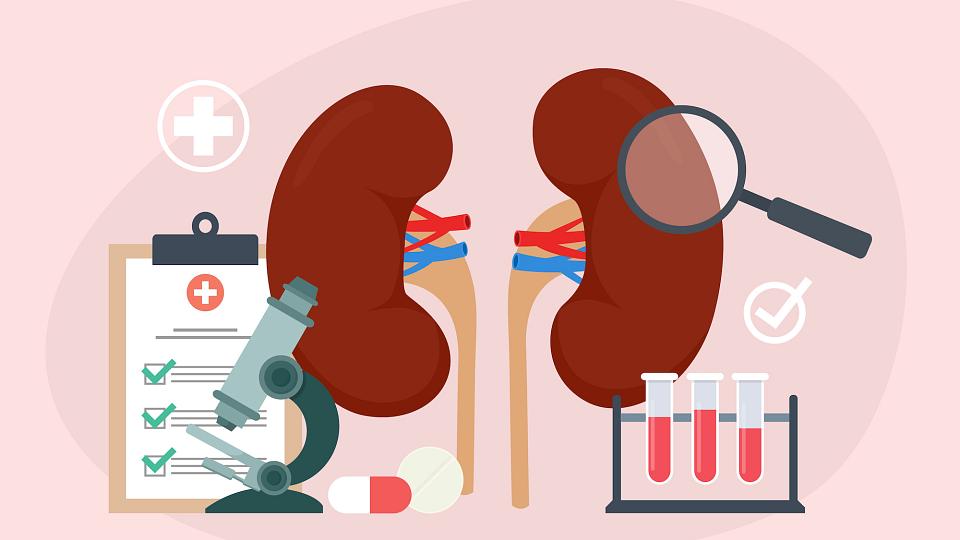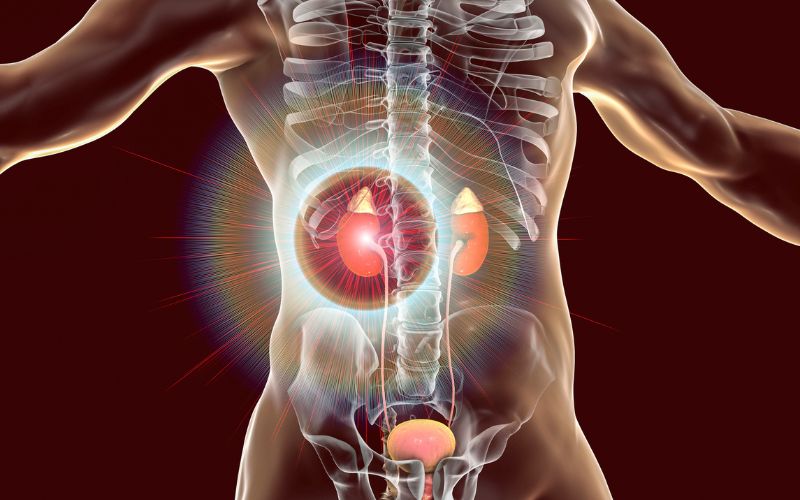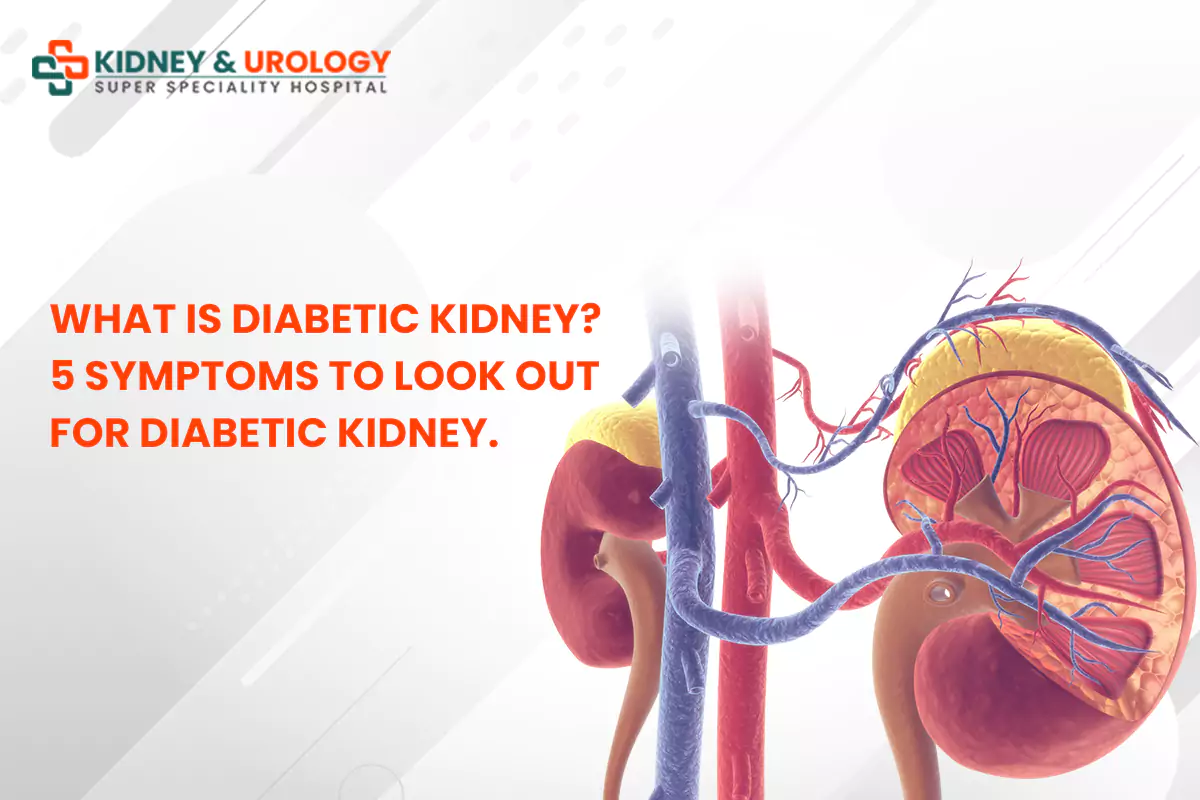Prostate Cancer Awareness Month, Prostate Cancer treatment in Haryana
Prostate cancer silently affects millions of men worldwide and in 2023 it becomes essential to raise awareness about this prevalent and potentially life-threatening disease. Prostate Cancer Awareness Month, observed every September, to educate, support men to take charge of their health. In this article, we will discuss prostate cancer, its causes, detection methods, and Prostate Cancer treatment in Haryana.
What is Prostate Cancer?
The prostate is a small gland below the bladder in men. It plays a crucial role in the reproductive system by producing seminal fluid that nourishes and transports sperm. The prostate can become susceptible to cancerous growth due to various reasons. Prostate cancer occurs when abnormal cells within the prostate gland begin to multiply uncontrollably and forms a tumor.
Causes of prostate cancer
While the exact cause of prostate cancer remains unknown, but known causes are as follows:
-
Age: Prostate cancer is more common in older men. The risk increases after the age of 50.
-
Family History: A family history of prostate cancer raise the risk, if a blood relative, such as a father or brother, has had the disease.
-
Diet and Lifestyle: A diet rich in red meat and high in fat, as well as a sedentary lifestyle, may contribute to an increased risk.
-
Obesity: Being overweight or obese has been associated with a higher risk of developing aggressive prostate cancer.
-
Other factors: Smoking, alcohol consumption, exposure to chemicals, inflammation of the prostate
-
Urinary Problems: Changes in urinary habits are often the first noticeable symptoms of prostate cancer. These includes frequent urination, difficulty starting or stopping urination, weak or interrupted urine flow. pain or a burning sensation during urination or blood in the urine (hematuria).
-
Erectile Dysfunction: Difficulty achieving or maintaining an erection may be a symptom, but it can also be caused by many other factors.
-
The Blood in Urine: Hematuria, or blood in the urine, can occur due to cysts damaging blood vessels in the kidneys.
-
Pain and Discomfort: In more advanced stages of prostate cancer, you may experience:
-
Persistent pain in the lower back, hips, pelvis, or upper thighs.
-
Discomfort or pain while sitting, which may radiate to the rectum.
-
Bone pain, which may indicate the cancer has spread to the bones.
-
Blood in Semen: Hematospermia, or blood in the semen, can be a symptom of prostate cancer but is more commonly caused by other conditions.
-
Digital Rectal Exam (DRE): During a DRE, our doctors inserts a gloved, lubricated finger into the rectum to feel for any abnormalities in the prostate. While it may be uncomfortable, it's a quick and essential part of the screening process.
-
Prostate-Specific Antigen (PSA) Test: This blood test measures the level of PSA in the blood. Elevated PSA levels indicate prostate cancer, but other factors can also cause an increase, such as benign prostate conditions or infections.
-
Biopsy: If the DRE or PSA test raises concerns, a biopsy may be recommended. During a biopsy, a small tissue sample is taken from the prostate gland and examined under a microscope to determine if cancer is present.
-
Know the Facts: Educate yourself and others about prostate cancer, its risk factors, and the importance of early detection.
-
Schedule a Screening: If you're a man over 50 (or younger with risk factors), talk to your healthcare provider about getting screened for prostate cancer. Regular check-ups are essential for early detection.
-
Support Research: Consider donating to organizations that fund prostate cancer research and advocate for improved treatments.
-
Share Your Story: If you or a loved one has been affected by prostate cancer, sharing your experience can inspire others to prioritize their health and seek early detection.
-
Active Surveillance: For slow-growing, early-stage tumors, active surveillance involves monitoring the cancer's progression rather than immediate treatment.
-
Surgery: Surgical removal of the prostate gland, known as a prostatectomy, is a common treatment for localized prostate cancer.
-
Radiation Therapy: This treatment uses high-energy rays to target and destroy cancer cells. It can be delivered externally or through implanted radioactive seeds.
-
Hormone Therapy: Hormone therapy to reduce the levels of male hormones (androgens) in the body, which can slow the growth of prostate cancer cells.
-
Chemotherapy: Chemotherapy for advanced or aggressive prostate cancer that has spread beyond the prostate gland.
-
Immunotherapy: Some newer treatments harness the body's immune system to target and attack prostate cancer cells.
Common Symptoms of Prostate Cancer
Common symptoms of prostate cancer are mentioned below:
Detection and Diagnosis of Prostate cancer
Early detection is key to successfully treating prostate cancer. Following methods are used to diagnose this disease:
Prostate Cancer Awareness Month
Prostate Cancer Awareness Month, celebrated every September, aims to raise awareness about prostate cancer and promote early detection and treatment. This observance encourages men to become proactive about their health and emphasizes the importance of regular screenings.Ways to Get Involved in Prostate Cancer Awareness Month::
Treatment Options
The treatment for prostate cancer in Haryana depends on various factors, including the stage of the cancer, the patient's age and overall health, and the aggressiveness of the tumor. Common treatment options include:
Prostate Cancer Awareness Month, observed in September, serves as a vital reminder of the importance of early detection and treatment. By understanding the risk factors, undergoing regular screenings, and supporting awareness efforts, we can collectively reduce the impact of prostate cancer and ensure a healthier future for men.
Get your screening done at Haryana’s best kidney hospital in Rewari














Request A Callback